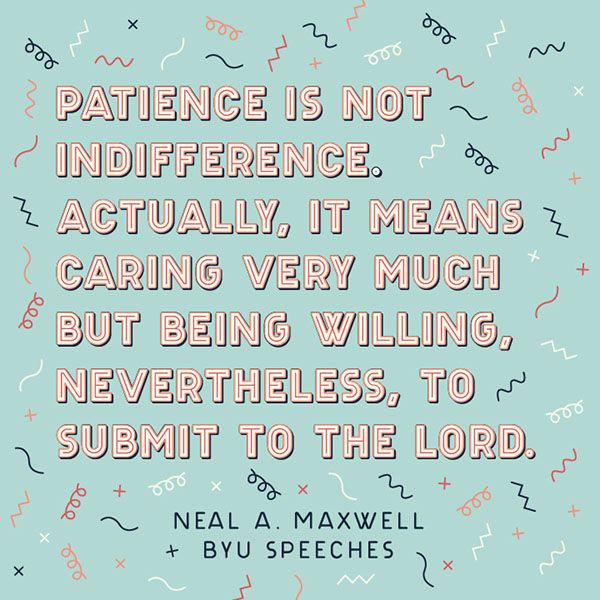Lessons of Patience from Dr. Seuss
March 30, 2016 • Blog Post
I never had much sympathy as a kid for Dr. Seuss’s Mayzie from Horton Hatches the Egg. After all, what kind of a mother just up and leaves her egg with an elephant so she can take off on vacation? As an eight-year-old reading this book with my mom, I would shake my head at the foolish bird who could only think about how badly she wanted to go to Palm Beach.
Now, roughly 15 years later, I feel for Mayzie. Surely, it must be hard sitting alone in that tree day after day with nothing to do but wait. So, she makes her choice—albeit, the wrong one—and leaves behind her egg, something that would have given her infinite joy and happiness if only she had waited a little bit longer for it to hatch.
Most of us are waiting for something. Whether that waiting involves school, work, money, love, faith, friends, or family, there is almost always something that we desire. Like Mayzie, we want the period of waiting to be over, so we anxiously watch the sky and dream about moving forward.
Elder Neal A. Maxwell advised us on how to endure waiting in his 1979 BYU devotional titled “Patience”: “Patience is a willingness . . . to watch the unfolding purposes of God with a sense of wonder and awe, rather than pacing up and down within the cell of our circumstance.”
Certainly, it’s easier said than done. And yet, what if Mayzie, while she sat on her nest, looked up at the sky with “a sense of wonder and awe” and chose to marvel at the constellations and cloud formations while she waited? What would she have seen? How would her story have been different?
“We should savor even the seemingly ordinary of times,” Elder Maxwell said, “for life cannot be made up all of kettledrums and crashing cymbals.”
In contrast to Mayzie, there is Horton the elephant, who sits on Mayzie’s egg month after month. As a child, I adored him. Horton waits through bad weather. He endures mocking by his friends. He even allows himself to be captured and taken away from his home all for the sake of a little speckled egg that he would not give up on.
At one point or another, we may feel close to giving up during a trial. At times like this, we are advised to “lay aside every weight, and the sin which doth so easily beset us” for if we do, we can “run with patience the race that is set before us” (Hebrews 12:1).
In periods of waiting, we must give up our sins and our burdens rather than giving up on our faith. Elder Maxwell taught that “patience, when combined with love,” will ultimately “detoxify our disappointments.” It will help us to learn to look beyond ourselves. It will teach us humility and selflessness. It will keep “the window of the soul open.”
—Danielle Christensen, BYU Magazine intern




